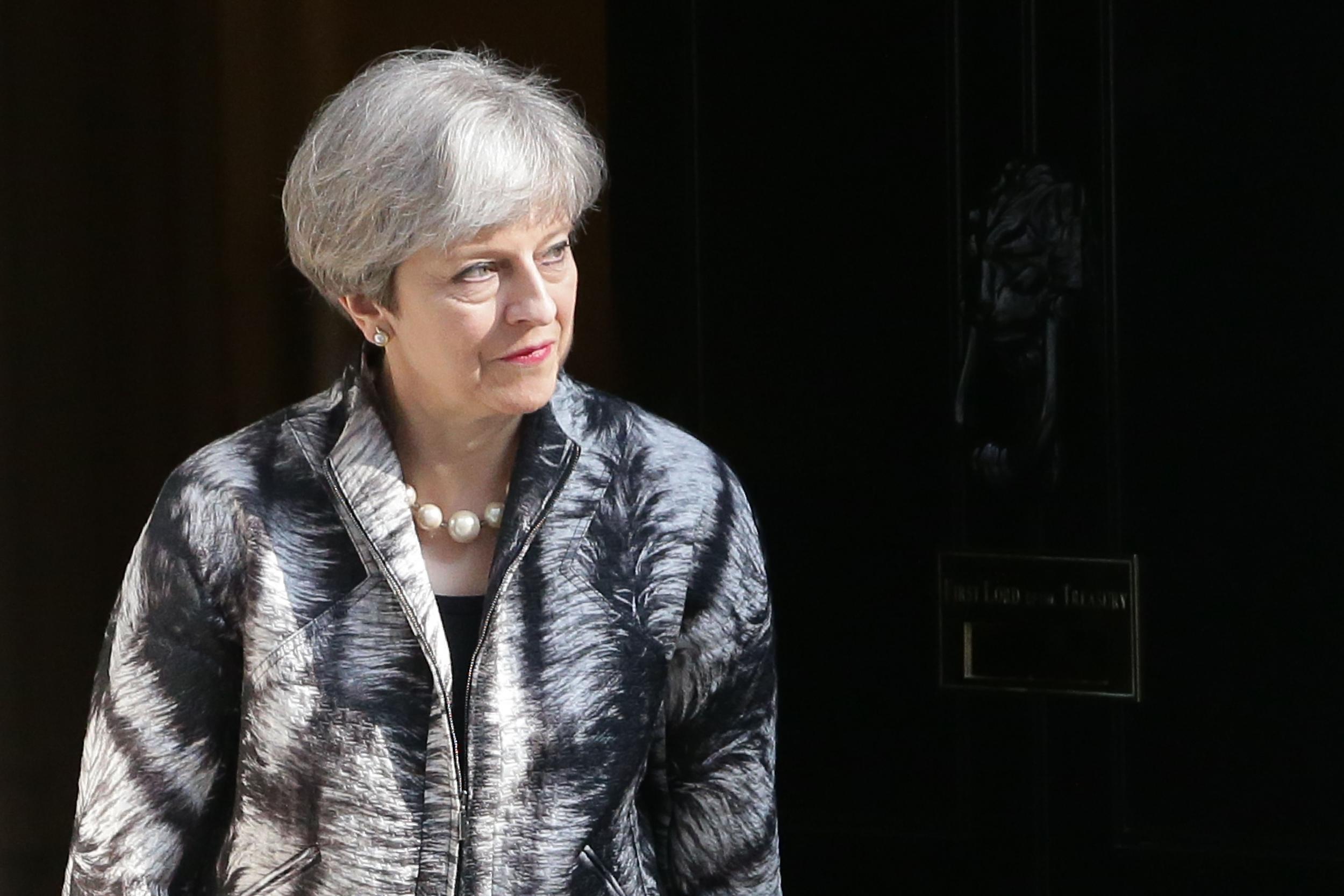Brexit: EU scuppers Theresa May plan to end European Court's UK power
New guidelines from the EU show the bloc will demand the court's jurisdiction is maintained

Your support helps us to tell the story
From reproductive rights to climate change to Big Tech, The Independent is on the ground when the story is developing. Whether it's investigating the financials of Elon Musk's pro-Trump PAC or producing our latest documentary, 'The A Word', which shines a light on the American women fighting for reproductive rights, we know how important it is to parse out the facts from the messaging.
At such a critical moment in US history, we need reporters on the ground. Your donation allows us to keep sending journalists to speak to both sides of the story.
The Independent is trusted by Americans across the entire political spectrum. And unlike many other quality news outlets, we choose not to lock Americans out of our reporting and analysis with paywalls. We believe quality journalism should be available to everyone, paid for by those who can afford it.
Your support makes all the difference.Theresa May’s promise to end the European Court’s jurisdiction in the UK has hit an immediate block after it emerged the EU will demand its power is upheld after Brexit.
Detailed draft negotiating guidelines reveal the European Council wants the court’s UK role to remain, in particular when it comes to preserving the rights of EU citizens in Britain.
It could mean European nationals can turn to the court if they believe the British Government is breaching their rights in the future, but also that UK citizens elsewhere in Europe could do the same.
But it comes after it emerged Ms May is expected to make eliminating the European Court’s influence in the UK an election manifesto pledge.
Ministers told The Independent as early as December last year that they suspect legal disputes may have to be settled by European judges for years after Brexit.
The “draft negotiating directives” state that any Brexit deal should “safeguard the status and rights derived from Union law at the withdrawal date, including those the enjoyment of which will intervene at a later date”, such as rights related to old age pensions.
The document goes on to say those rights should be protected for “the life time” of the EU citizens living in the UK, before adding: “In these cases, the jurisdiction of the Court of Justice of the European Union (and the supervisory role of the Commission) should be maintained.”
Agreeing to the provision could mean that if the UK Government breaches an EU citizen’s rights after Brexit in relation to state pension payments, for example, the individual might call on the Strasbourg court to remedy the issue.
It comes after the President of the European Parliament said any Brexit deal which did not protect EU citizens’ rights would be vetoed by the body.
Antonio Tajani was in London to meet with Ms May and discuss the parliament’s position on Brexit negotiations and said the issue of rights was a “red line”.
The negotiating document also says the court’s role should be maintained in the “application and interpretation” of other parts of the Brexit deal like “the financial settlement” – meaning the so-called ‘divorce bill’ which will see the UK settle its liabilities to the EU.
Estimates have put the cost of Britain’s liabilities on departure at anything between €30bn and €60bn Euros.
Any “measures adopted…to deal with unforeseen situations”, where UK product standards diverge from EU standards in the future for example, should also be dealt with by the court the document says.
Finally, the guidelines say the court’s role should be maintained in all matters relating to EU law.
Brexit Secretary David Davis admitted only recently that EU law and legal precedent will still play a role in British cases for years to come.
Join our commenting forum
Join thought-provoking conversations, follow other Independent readers and see their replies
Comments